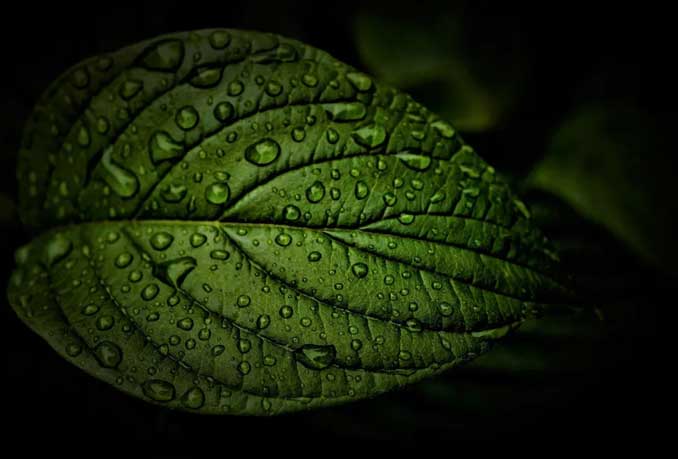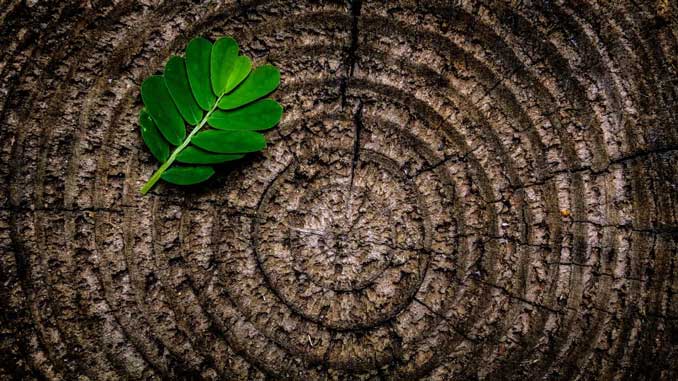Articles
An Interview with Eileen West – Radio Dee
Eileen has heard me playing music locally and asked to play one of my original songs on her show. I chose “Beauty of the Moment”, about the concept of Mindfulness. Enjoy 😀
How the rhythms and patterns of nature can be the key to calm
(Originally published on Good Health Magazine on May 17, 2021)

Banchory’s leading integrated medical practitioner Dr Jennifer Sudder explains how spending time in nature soothes the sympathetic nervous system and can be the key to calm and general wellbeing in a busy world
In the fast world we live in; with a constant barrage of emails, messages, and media alerts, it’s easy to let our “fight or flight’ response – otherwise known as our Sympathetic Nervous System (SNS) – become overactive.
This can leave us feeling on edge – affecting our ability to focus, feel calm, remember facts and, critically, sleep well.
In the work I do, I often find that no matter whether the presenting problem is a mental health or gut issue, sleep is affected in one way or another. When this is remedied, it doesn’t just improve the symptom – it improves general wellbeing, energy levels and calmness.
Often, the “microbiome” (the collection of thousands of bacterial cells in the gut) has become out of balance – from stress, antibiotic use or an unhealthy diet – and this “dysbiosis” can lead to allergies, gut dysfunction and a reduction in mental health.
But this isn’t a doom and gloom story. The solution is all around us.
We are a nation living on a beautiful island, with oceans and birds and stories beneath its waves, as well as trees, grass and flowers. If we can reconnect with nature, we can help ourselves.

Through the ages, going for a “constitutional” after eating a meal was considered the right thing to do. Taking time away from work on a Sunday to relax with family groups or to be creative was the norm.
These activities encourage the balance of the SNS with its more calming counterpart, the Parasympathetic Nervous System (PNS).
There are lots of reasons we feel better when we spend time in nature. The rhythms and patterns in plants, ice crystals and waves have a soothing effect on our brains. These are known as fractal patterns – repeating smaller and smaller copies of themselves, which are familiar, soothing and mesmerising.
The phytoncides (chemicals secreted by trees and plants) reduce the stress hormones we secrete – reducing our blood pressure and improving our immune systems thanks, in part, to an increase in ‘natural killer’ cells.
The outcome of this is a reduction in SNS activity – boosting the PNS and leaving us feeling more comfortable and relaxed. The benefits to our immune system are wide and varied.
It’s also thought that, when walking in a forest, we breathe in a harmless, common bacteria called ‘mycobacterium vaccae’, which has been found to help improve energy and cognition, reduce anxiety and increase our ability to see concerns in a more positive light.
Neuroscientists have discovered this can boost our serotonin – aka our happy hormone – levels and that our problem-solving abilities can increase by as much as 50%.
One in 10 of the cells in our brain (called microglial cells) were previously thought to be inert, but we now realise they act like “gardeners’ in our brain when we are sleeping – clearing up debris from the daytime’s brain activity, leaving us feeling refreshed after their night’s work and our night’s sleep.
While fun and creativity boost the protein BDNF (brain derived neurotrophic factor) that feeds these cells, mycobacterium vaccae also activates these cells – reducing inflammation and boosting the serotonin supply to parts of the brain called the prefrontal cortex and the hippocampus.
Contrary to this, the “stress” hormone cortisol has damaging effects over long periods of time on the immune system. Cortisol is also thought to reduce the production of BDNF that feeds these cells, thereby helping to explain why during stress, an overactive SNS, is toxic to the brain.

Low levels of BDNF have also recently been associated with depression. ‘Green’ exercise (exercising outdoors) has been shown to be more effective at lowering stress levels and improving mood and self-esteem than going to the gym.
The smell of wet earth, known as ‘geosmin’, is released through active bacteria called actinomycetes in the soil. This smell is detected through our olfactory centre and is soothing and pleasing for us.
Perhaps it’s through these mechanisms that those who exercise outdoors have been shown to have a healthier microbiome. In turn, various studies have shown that metabolites from these “healthier” bacteria activate the vagus nerve (part of the PNS), as well as communicate with the microglial cells.
The benefits of swimming in cold water have become increasingly popular during lockdown. Neuroscientists have identified increased levels (250%) of dopamine –giving us feelings of pleasure and reward – as well as serotonin, improving our mood and easing tension.
There are bountiful stories of people easing both mental and physical health concerns by carefully and respectfully engaging with the water.
If we get the basics right, the benefits are multitude from our guts to our brains. On a wider scale, ‘greening up’ our urban areas has been associated with a reduction in violent crimes in these areas, as well as improved mental health in those living there.
It’s understood that veterans suffering from PTSD (post-traumatic stress disorder) can benefit significantly by therapy involving access to nature, for example. And studies show that enabling unintentional daily contact with nature, especially in deprived areas, reduces the probability of being prescribed antidepressants.
It’s now recognised that as much as 90% of chronic health problems are associated with lifestyle choices. I hope that we, as the medical profession, can match this with a more nature-based approach to health.